
India’s Parliamentary Committee Recommends Strengthening Nepal-India Ties with Focus on Rail Links, Economic Engagement, and Flood Cooperation
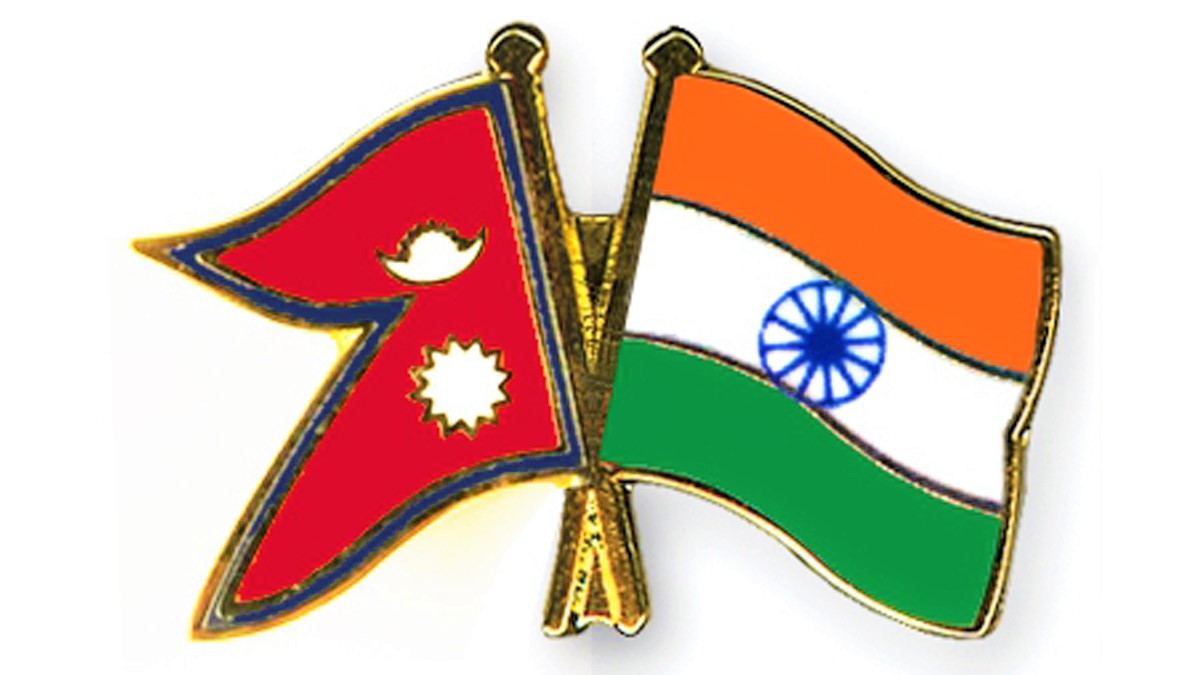
The Parliamentary committee on external affairs Recommends Strengthening Nepal-India Ties with Focus on Rail Links, Economic Engagement, and Flood Cooperation
The parliamentary committee on Nepal-India relations has put forward a series of recommendations aimed at enhancing bilateral ties and fostering regional cooperation. The committee’s suggestions focus on early operationalization of rail links, increasing economic engagement, and strengthening cooperation on dealing with floods.
Early Operationalization of Rail Links:
The committee acknowledged India’s funding of cross-border railway projects between India and Nepal, including the Jaynagar-Bardibas and Jogbani-Biratnagar rail links. The Jaynagar-Kurtha stretch of the Jaynagar-Bardibas Project has already been operational since April 2022, while work on the Kurtha-Bijalpura stretch and the extension up to Bardibas, as well as the 17.65 km Jogbani-Biratnagar rail link, is currently ongoing.
The committee emphasized the importance of cross-border railway links in strengthening border infrastructure and promoting people-to-people connectivity. Consequently, the committee urged the government to expedite the operationalization of ongoing rail link projects and complete the feasibility study of the proposed Raxaul-Kathmandu broad gauge rail link to further enhance connectivity between the two nations.
Boosting Tourism Cooperation:
Recognizing the significance of religious tourism between India and Nepal, the committee noted the attraction of a large number of Indian tourists to Nepal and vice versa. The two governments had previously signed a Memorandum of Understanding (MoU) on Cooperation in the field of Tourism in 2014. The committee called upon the government to make sincere efforts to achieve the aims and objectives of the MoU, including enhanced cooperation in the tourism sector, better communication between tourism stakeholders, and promoting economic development and employment generation through tourism.
The committee further suggested periodic assessments of the MoU’s impact, with updates shared with the committee.
Enhancing Digital and Financial Connectivity:
With the introduction of the RuPay card in both India and Nepal, digital and financial connectivity between the two countries has witnessed a significant boost. The committee emphasized the importance of interoperability of financial platforms and products in enhancing connectivity. To this end, the committee recommended exploring digital e-market and e-commerce platforms in neighboring countries to promote Indian products and vice versa, thus fostering upgraded digital and financial connectivity in the region.
Developing Border Trade Infrastructure:
The committee recognized India’s support in upgrading Nepal’s border trade infrastructure, including the development of roads and cross-border rail links, and the establishment of Integrated Check Posts (ICPs) at strategic locations. The committee urged the government to prioritize the completion of construction work for the ICP at Nepalgunj and its subsequent operationalization, considering the immense potential for border trade between India and Nepal.
Additionally, the committee expressed anticipation for the ICP at Bhairahawa to commence functioning soon. In line with the Neighbourhood First Policy, the committee emphasized the need to facilitate the creation of regional economic hubs to foster economic prosperity and stability in the region.
These recommendations highlight the committee’s commitment to enhancing Nepal-India relations and promoting regional cooperation, with a focus on key areas crucial for mutual growth and prosperity. The government is expected to carefully consider these recommendations as it continues to strengthen ties with its neighboring nation.


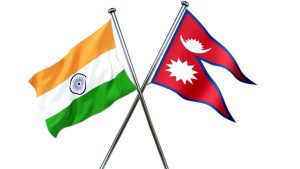
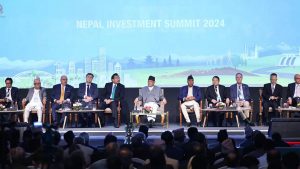
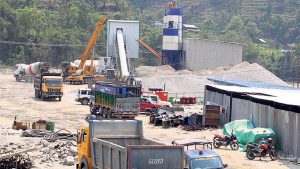

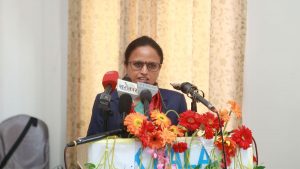
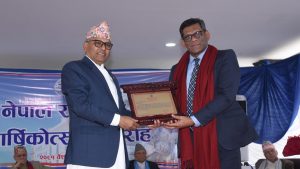






Comments